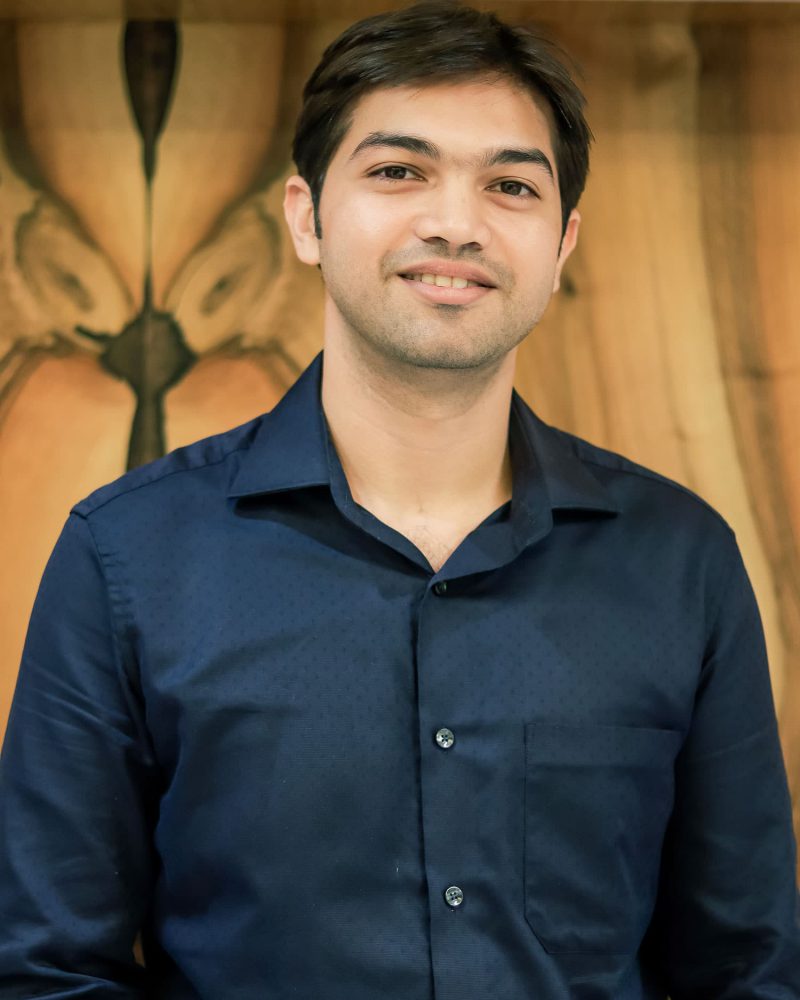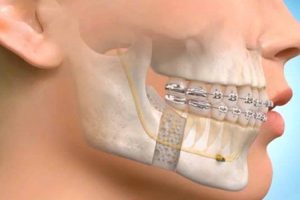What Is Obstructive Sleep Apnea?
A common condition known as sleep apnea causes breathing to stop for 10 seconds or longer at random times while you’re asleep. During sleep apnea, your throat muscles intermittently relax and block your airway during sleep. The disease results in less oxygen in the blood and can briefly awaken sleepers throughout the night.
Obstructive sleep apnea (OSA) and central sleep apnea are the two of the accepted classifications of sleep apnea.
There is no mechanical cause for central sleep apnea. It happens because of improper signal transmission from the brain to the muscles. In the end, this causes the breathing to slow down.
Obstructive sleep apnea, or OSA, happens when there is a problem with the breathing mechanics of an individual. It usually occurs when the muscles of your airway relax too much, thus narrowing your throat. You then wake up for a moment to gasp up the air and reopen the airway again, but you probably won’t remember doing it. All this produces deprivation of nighttime sleep with consequent daytime sleepiness and impaired intellectual performance.
Other factors can also cause obstructive sleep apnea, like obesity, swollen tonsils, and health problems like endocrine disorders or heart failure.
How Does Obstructive Sleep Apnea Impact Your Everyday Life?
Untreated obstructive sleep apnea can lead to urgent complications, including cardiovascular disease, accidents, and increase the risk of non-alcoholic fatty liver disease, and even cause premature death. It can also lead to problems during daily activities like:
- Feeling constantly sleepy throughout the day: It only makes sense that people who suffer from sleep apnea and lack sleep are extremely tired the next day. Children may struggle in school, while adults may be more prone to mishaps.
- Having trouble remembering things: Lack of sleep impairs memory and other cognitive processes.
- Feeling irritable or moody: People with untreated sleep apnea are more likely to report feelings of depression, anxiety, and irritability.
- Having a low libido: Individuals with sleep apnea may have little energy for sex and thus have low libido.
What Are The Risks Of Obstructive Sleep Apnea?
The following are a few common risks associated with obstructive sleep apnea:
- Heart disease
- High blood pressure
- Stroke
- Type 2 diabetes
- Obesity
Common Warning Signs Of Sleep Apnea
Dr. Vikram Pandit of Pandit Clinic, Pune, has listed down a few commonly seen symptoms of sleep apnea:
- Daytime sleepiness or fatigue
- Waking up with a dry mouth or painful throat
- Headaches in the morning
- Trouble concentrating, forgetfulness, depression, or crankiness
- Night sweats
- Restlessness during sleep
- Problems with sex, like a low sexual drive
- Snoring
- Waking up suddenly and feeling like you're gasping or choking
- Trouble getting up in the mornings
- Frequently waking up in the middle of the night for urination
Nocturnal symptoms are sometimes missed by the patient but are generally noticed by a bed partner. Bed partners will also report sudden cessation of snoring followed by a loud snort and the resumption of snoring.
How Is Obstructive Sleep Apnea Treated?
Initially, correction of treatable causes and lifestyle modification can help reduce the burden of OSA. Later on, if the symptoms persist, the following are the methods that are necessary to be initiated at the earliest:
- CPAP (Continuous Positive Airway Pressure) machine: This device includes a mask that you wear over your nose, mouth, or both. Your mouth or nose is forced to breathe in continual air caused by an air blower. Just enough air pressure is present to prevent excessive relaxation of the tissues lining your upper airways when you sleep.
- Oral devices: If you have mild sleep apnea, your dentist may recommend dental appliances or oral mandibular devices, which move your lower jaw forward or prevent your tongue from obstructing your airway. That might assist in maintaining an open airway as you sleep.
- Maxillofacial surgery: Surgery might be able to help you if you have a small lower jaw that causes your throat to be too narrow, leading to obstructive sleep apnea. During maxillomandibular advancement surgery, Dr. Vikram Pandit will move the upper and lower jaws forward, creating more space behind the tongue and soft palate. This reduces the chances of obstruction.
What Is A Maxillomandibular Advancement Surgery?
How To Prevent Obstructive Sleep Apnea?
There are a few things you can do to help prevent sleep apnea, such as:
- Weight loss, if you're overweight or obese, can help reduce the symptoms of OSA.
- Exercising regularly and setting a fixed amount of dedicated time for your workout. Do include breathing exercises to increase your breathing capacity.
- Avoiding drinking alcohol right before bed.
- Quitting or reducing smoking.
- Avoiding sleeping on your back.
- Avoiding taking medications such as anti-anxiety drugs, sleeping pills, or any sedative medications.
If you or someone you know has any of the symptoms associated with sleep apnea, it’s important to see a doctor and get treated. If you have any questions or concerns about obstructive sleep apnea and its treatment, please don’t hesitate to contact us at +918805980048 or book an appointment with Dr. Vikram Pandit.
Meet the Doctor
BDS, MDS Oral & Maxillofacial Surgeon
Dr. Vikram is a visiting consultant and consultant oral and maxillofacial surgeon at the top hospitals in Pune like Poona Hospital and Research Centre, Ratna Memorial Hospital, Pandit Clinic and KEM Hospital. Dr. Vikram has done clinical fellowship in craniofacial surgery with focus on surgery for cleft lip and palate deformities, orthognathic surgery and surgery for sleep related disordered breathing (SRDB). He has trained for advanced management for Facial Trauma, from Taiwan. He has also attended various seminars and done workshops related to Oral and Maxillofacial Surgery. Dr. Vikram is also a co- author of a chapter for a textbook. He has been invited as a speaker for number of conferences in India as well as Internationally.
Book Consultation

Consult Dr Vikram Pandit
Oral & Maxillofacial Surgeon
Book a consultation with Dr Vikram Pandit. At the consultation, Dr Vikram Pandit will:
- Dr. Vikram Pandit will first perform a thorough examination of your teeth, gums and jaw.
- Explain the problem to you.
- An X-Ray of your teeth will be taken if needed.
We recommend you openly discuss your concerns with Dr. Vikram.
During the consultation be prepared to discuss:
- Your medical conditions, drug allergies, and previous dental treatments.
- Current medications, vitamins, herbal supplements, if any.
- Likely outcomes, and any risks or potential complications.
You Might Be Interested In

Wisdom Tooth Surgery: Procedure, Recovery, Costs, Preparation, and Expert Tips
Wisdom tooth extraction is a routine dental procedure, but knowing what to expect can make all the difference in your experience. Whether you’re about to undergo your first extraction or need a refresher on the process, this comprehensive guide will cover every aspect of wisdom tooth removal.

Why Should You Go To An Oral & Maxillofacial Surgeon For Your Dental Complications?
When you have any common dental problems, you go to the dentist. However, sometimes these simple dental problems can get out of hand. Also, other









